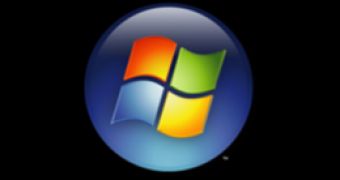In terms of security, Windows Vista is the apex of the Windows platform. As I have already said, Non-Affected Software: Windows Vista will become a status quo that will describe the evolution of the operating system. There are several different reasons for this, but we can summarize them by the new security technologies and mitigations introduced with the operating system.
User Account Control, PatchGuard, DEP, IE7 Protect Mode, the new protocol stack and SDL will all contribute to the increased security of Windows Vista. The Security Development Lifecycle is a methodology that Microsoft has implemented in order to diminish not only the volume of critical vulnerabilities in the operating system but also their overall severity level. However, SDL could have an impact on third party software.
"With the advent of Windows Vista and the continued use of the Security Development Lifecycle, it is likely that Microsoft-authored code will become more difficult to exploit. As a result, attackers may turn their focus to common third-party applications that are authored by companies that have not employed the Security Development Lifecycle. These third-party applications may not use accepted best software development practices, such as secure design, secure coding practices, code reviews, or secure developer tools such as Microsoft's Visual Studio. As a result, they may be less secure than Microsoft applications or the Windows Vista platform on which they are deployed," Symantec warned.
What this means is that, if attackers are not able to identify easy attack avenues within Windows Vista, they will shift the focus of attacks on anti-virus products, web browsers, instant message clients, email clients, and office suites.
Additionally, not only zero-days in these products will be targeted but also third-party drivers. These drivers will be exploited in order for an attack to achieve kernel-level access.
"This is because these applications may not have been developed using the Security Development Lifecycle or other secure development practices. As a result, they may be susceptible to compromise. This could allow attackers to bypass the security improvements in Windows Vista, which are designed to prevent complete compromises, by running applications with non-administrative user privileges," Symantec added.

 14 DAY TRIAL //
14 DAY TRIAL //